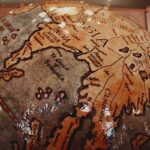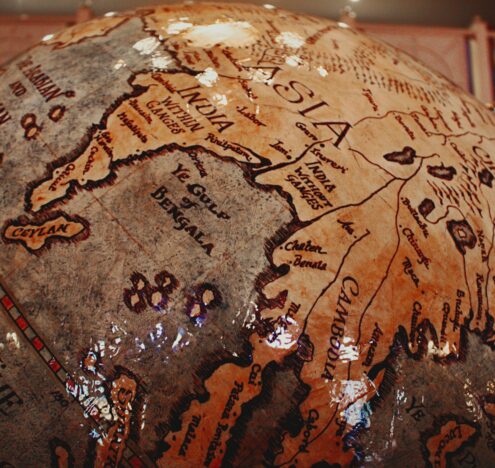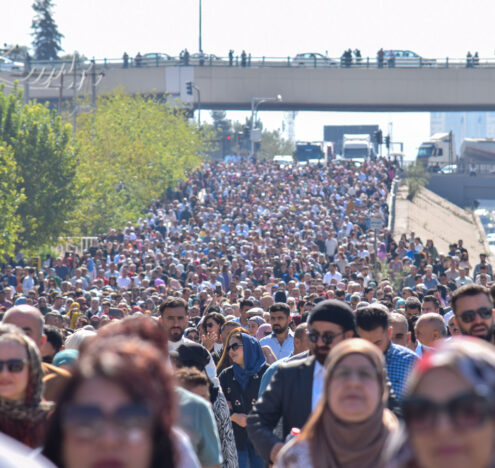This analysis was featured in Critical State, a weekly newsletter from Inkstick Media and The World. Subscribe here.
The European Union (EU) has, for decades, held itself as an alternative to the violence of states. For people who exist outside of Europe, and seek to make a new life there for reasons of opportunity, family, or safety, getting to Europe means navigating deliberately hardened external borders, all while proving the worthiness of individual appeal for residency.
In “Strategic Cruelty: Legitimizing Violence in the European Union’s Border Regime,” Tazreena Sajjad looks at the way the EU’s self-proclaimed identity as a humanitarian beacon to the world is used to justify extraordinary violence along its external borders.
The EU, writes Sajjad, “arguably faced a dilemma: it had to reconcile the openly hostile and inhumane actions of individual member states as well as the harsher centrally devised migration policies, with its core identity as supremely humanitarian. In a sense, then, rather than a ‘migrant crisis,’ what the EU experienced in the period of 2015-2020 was not just a crisis of leadership, migration management, and solidarity but an ‘identity crisis’ — with its sense of self as a ‘normative superpower’ under threat.”
While the EU creates the conditions that force migrants to seek deadly routes and unsafe passage into the continent, the rhetoric of humanitarianism allows the union to treat the created danger as natural and inevitable.
Reconciling that identity, between being a humanitarian powerhouse and actively administering harsh migration policies, was done through rhetoric. Political leaders at the EU and national levels found the language to describe desperate people wanting to be European as instead exploited victims of a criminal enterprise or threats in and of themselves.
“In his State of the Union speech on Sept. 9, 2015, the European Commission President Jean-Claude Juncker addressed the ‘refugee crisis’ and expressed a vision for a Europe that welcomes refugees,” writes Sajjad, noting that Juncker described Europeans as having a collective experience of fleeing war and oppression. But, “by utilizing the term ‘refugee’ throughout his speech, he also employs a strategy of distinguishing those who are entitled to refugee status according to the international law and those who do not meet those criteria.”
This pattern repeats, where Europe can aspire to a noble goal of welcoming the worthy, while actively employing border security forces, coast guards, and navies to treat those offering passage to migrants as criminals, instead of small-time players attempting to meet a need no one else will.
“To be sure, like human trafficking, organized smuggling may also be an exploitative act, and thus both ‘trafficking’ and ‘smuggling’ are easy to tout as ‘noble’ causes to fight,” writes Sajjad. “However, by conflating these acts, the EU laid the groundwork for justifying criminal action against anyone who aided migrants on their journey to EU territory — equating the act of rescuing migrants at sea to ‘migrant smuggling.’”
Ultimately, while the EU creates the conditions that force migrants to seek deadly routes and unsafe passage into the continent, the rhetoric of humanitarianism allows the union to treat the created danger as natural and inevitable.
“The message from the EU is clear — that politicians are not responsible for fatalities in the Mediterranean, and the burden of deaths lies in the hands of private rescue operations, smugglers, and ultimately migrants themselves for taking the irresponsible risk of embarking on such a journey,” concludes Sajjad.




















